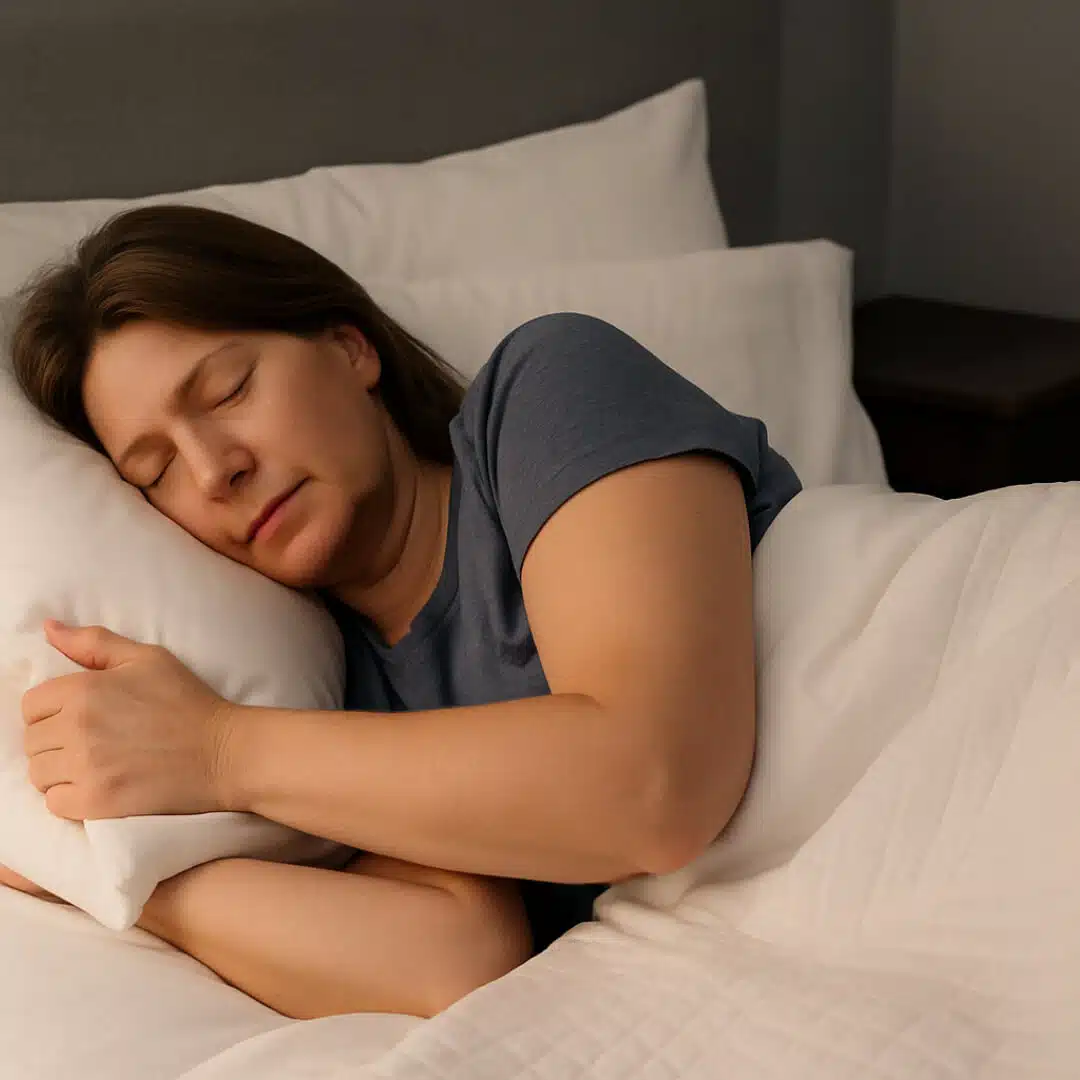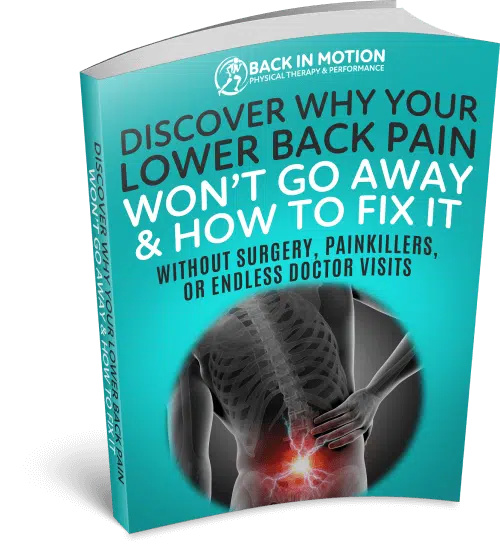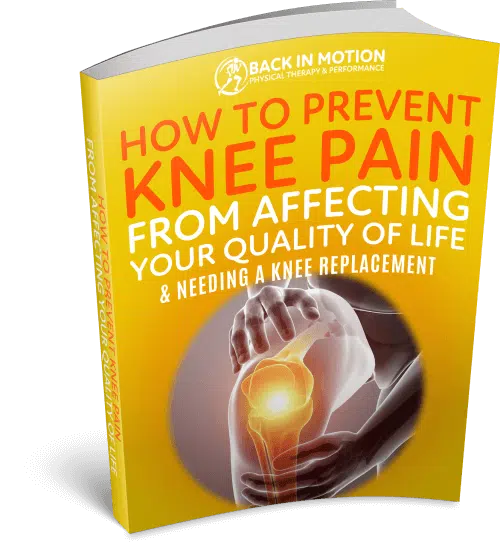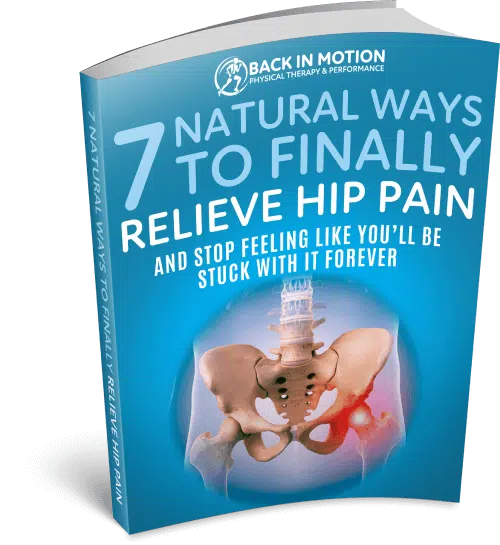Why Your Shoulder Hurts More at Night—And What You Can Do About It
If you’re reading this at 2 a.m. while trying to shift into a position that doesn’t send a shooting pain through your shoulder, you’re not alone. Shoulder pain that worsens at night is incredibly common—and incredibly frustrating. It disrupts your sleep, drains your energy, and can even affect your daily life by leaving you fatigued and irritable.
But why does it happen? Why does your shoulder feel worse at night than during the day? And more importantly—what can you actually do to fix it?
In this blog, we’ll explore the real reasons shoulder pain flares up at night, the most common conditions behind it, and how to get lasting relief (without injections, surgery, or endless rounds of rest).
Why Shoulder Pain Gets Worse at Night
During the day, you’re busy. You’re moving. You’re distracted. But when you lie down and everything gets quiet, your body starts speaking louder—and if you’re dealing with an underlying shoulder issue, it tends to scream.
Here’s the thing: even though your shoulder pain shows up at night, the issue didn’t start there.
It likely began during the day—due to poor posture, overuse, weakness, or even faulty movement patterns you weren’t aware of. The nighttime pain is just the symptom showing up when your body finally stops moving.
That’s why at Back in Motion, we use The Gray Method™ to uncover the true root cause of your shoulder pain. We analyze how you move, identify the dysfunction, and correct the imbalance—so it doesn’t keep showing up when you’re trying to sleep.
What’s Causing Your Shoulder Pain at Night?

If you wake up multiple times a night trying to find a comfortable position, one of these conditions might be to blame:
1. Rotator Cuff Tendinitis or Tear
Your rotator cuff is a group of muscles and tendons that hold your shoulder in place. When inflamed or torn, even small movements (or the pressure from lying down) can trigger sharp pain. Over time, it gets harder to lift your arm, sleep comfortably, or even get dressed.
It doesn’t go away on its own. The pain might ebb and flow, but without proper treatment, it often comes back stronger.
2. Shoulder Bursitis
Bursae are small, fluid-filled sacs that cushion your shoulder. When inflamed, the bursa becomes incredibly sensitive—especially to pressure. Side sleeping? Forget about it. Even the weight of your arm can feel unbearable.
When you’re still at night, fluid builds and tissues stiffen—making the pain worse.
3. Shoulder Impingement Syndrome
This happens when soft tissues (like tendons or the bursa) get pinched between bones in your shoulder. It’s common if you sleep with your arm overhead or in certain “closed” positions. You might feel a deep, dull ache or sharp pinching pain when you roll onto your side.
Impingement can limit your range of motion and lead to tears if left untreated.
4. Frozen Shoulder (Adhesive Capsulitis)
This condition is exactly what it sounds like—your shoulder becomes stiff, painful, and hard to move. It often starts gradually and is common after an injury or period of inactivity.
Lying still for too long increases inflammation, and trying to shift positions feels like someone’s twisting your joint.
5. Referred Pain from the Neck
Surprise: not all shoulder pain starts in the shoulder. A pinched nerve in your neck can radiate down into your shoulder and arm. It’s often worse when lying down due to neck positioning or pressure on the cervical spine.
Numbness, tingling, or pain shooting down your arm may be signs your neck is the real culprit.
How to Fix Nighttime Shoulder Pain (For Good)

Most people are told to “rest it” or take painkillers. But rest without the right plan can actually make things worse.
Here’s what you need instead:
1. Change Your Sleep Setup
- Sleep on your non-painful side with a pillow between your arms.
- If on your back, place a small pillow under your elbow to elevate and support your arm.
- Try a reclined position if lying flat makes things worse.
2. Apply Heat or Ice—Strategically
- Ice can reduce inflammation before bed.
- Heat can relax tight tissues and ease stiffness.
3. Stay Gently Active During the Day
- Movement matters. Daily light stretching and mobility work can keep your shoulder from stiffening up overnight.
- Try pendulum swings, scapular retractions, or wall slides.
4. See a Specialist (Early)
If your shoulder pain lasts more than 2 weeks or is affecting your sleep, it’s time to get expert help.
At Back in Motion Physical Therapy & Performance, we don’t just mask the pain—we fix the cause.
We take you through our proven evaluation process, identify what’s really behind your pain, and build a plan that helps you:
- Sleep better
- Move pain-free
- Avoid injections, surgery, and long-term damage
Learn more about our shoulder pain treatment in Fort Myers & Cape Coral
You Deserve a Good Night’s Sleep

Shoulder pain doesn’t have to rule your nights (or your days). Whether it’s tendinitis, bursitis, or a frozen shoulder, the longer you wait, the worse it can get.
Here’s something most people don’t realize: nighttime pain is just the final straw. The real issue often starts during the day—from poor posture, repeated strain, or faulty movement patterns that build up quietly until your body finally forces you to listen.
That’s where The Gray Method™ comes in. Our approach looks deeper to find out why your shoulder is irritated in the first place, not just how to mask the pain. By correcting these root causes, we can stop your pain from flaring up at night—and help you sleep, move, and live better.
Don’t ignore it. Don’t push through it. And don’t settle for another sleepless night.
Let’s fix what’s actually causing your pain—so you can rest easy, move freely, and get back to living.
Visit our Fort Myers Physical Therapy clinic if you’re in the area, or contact us today to request an appointment.









